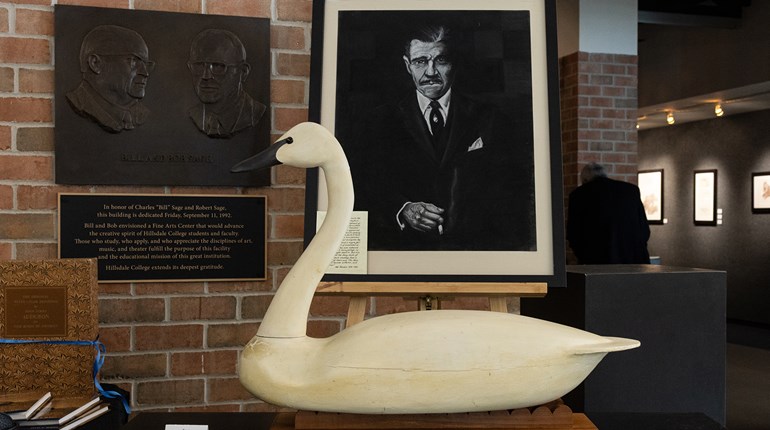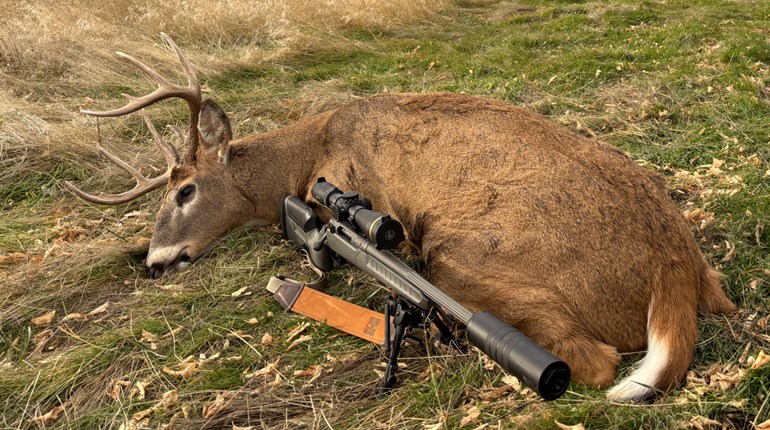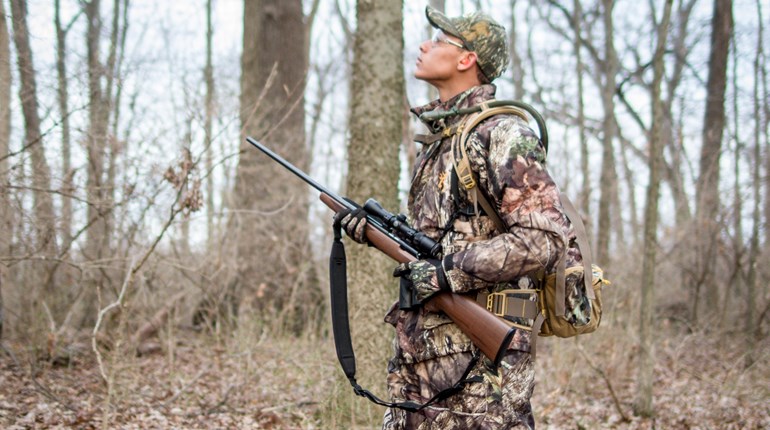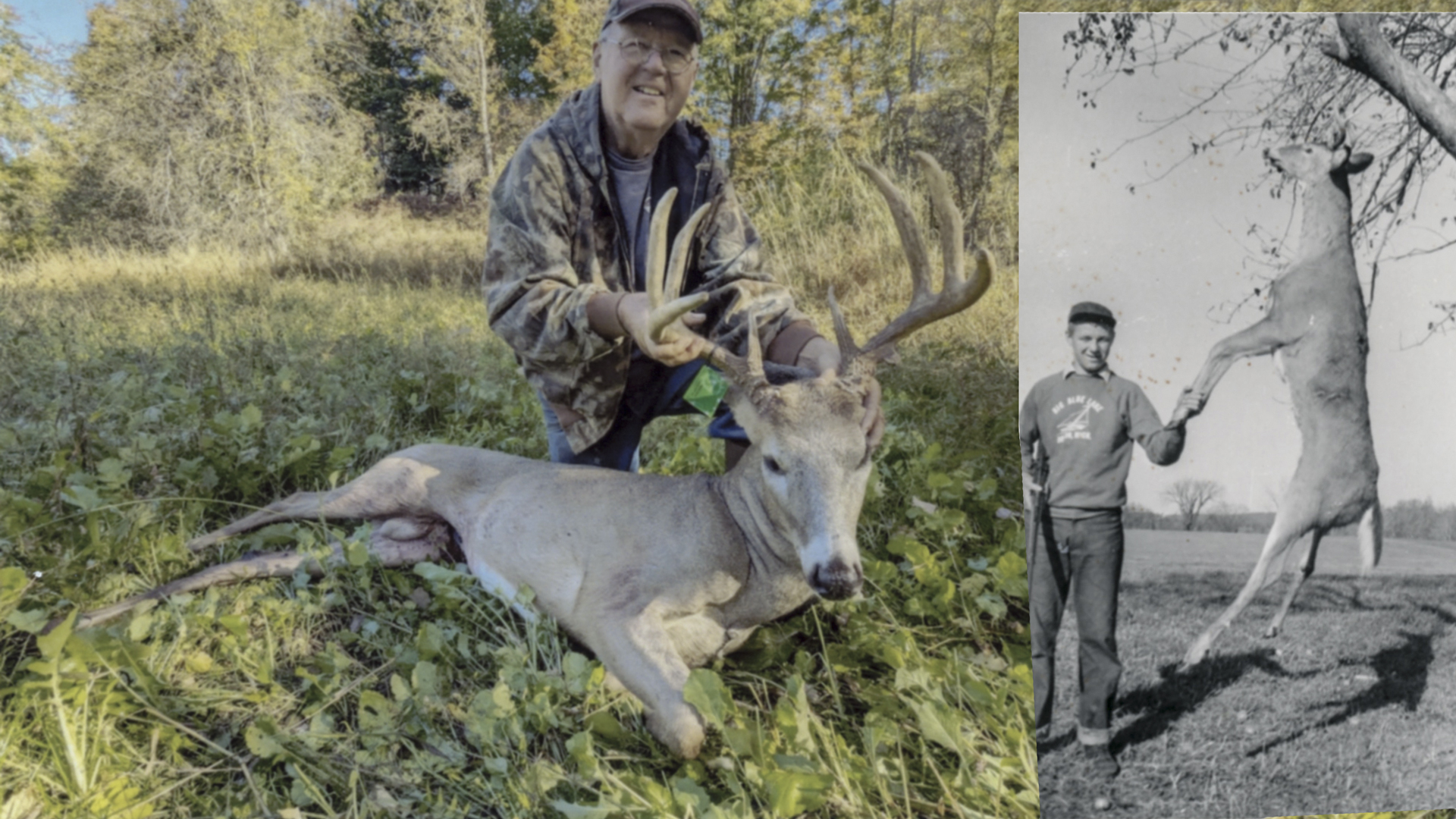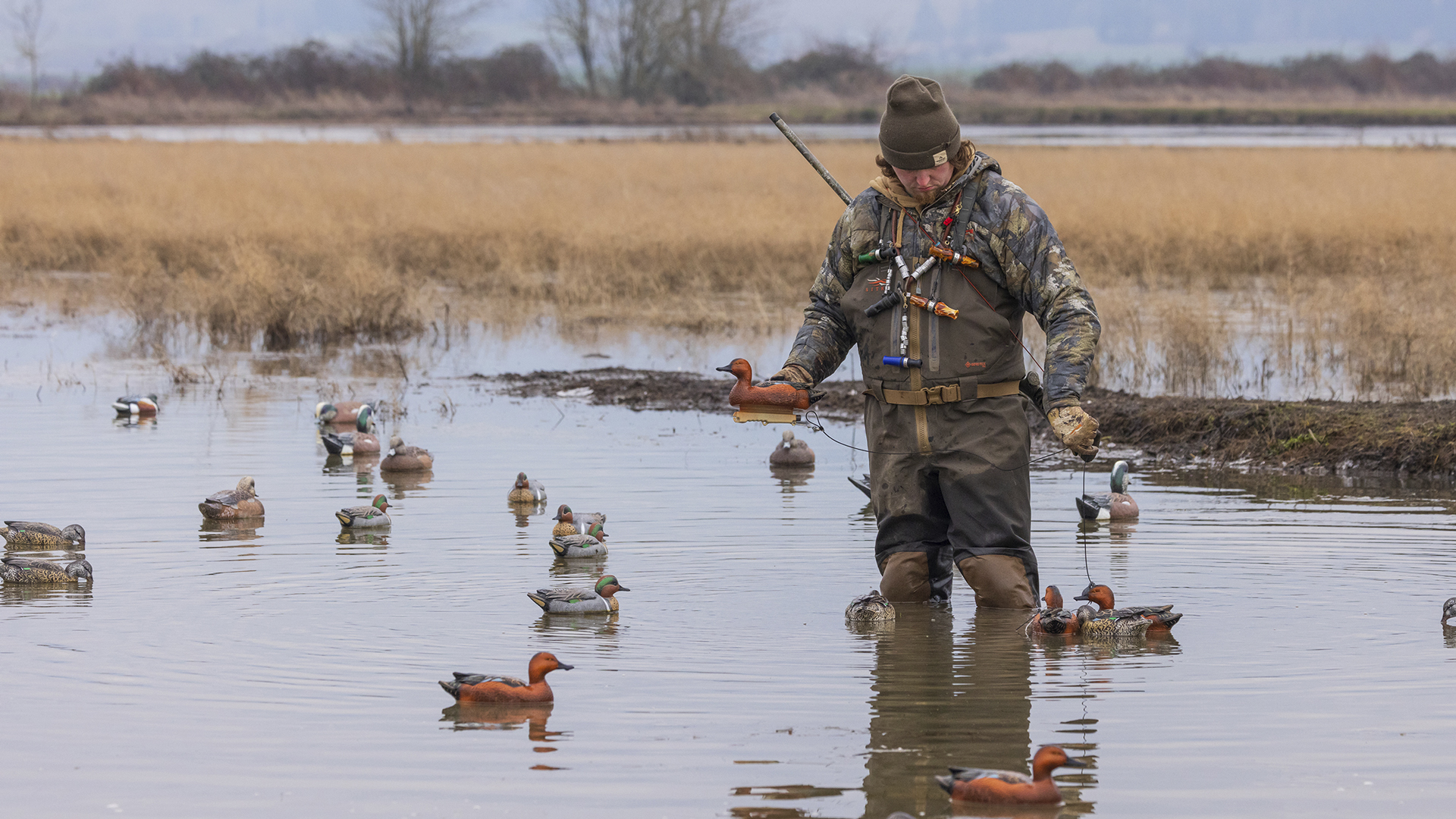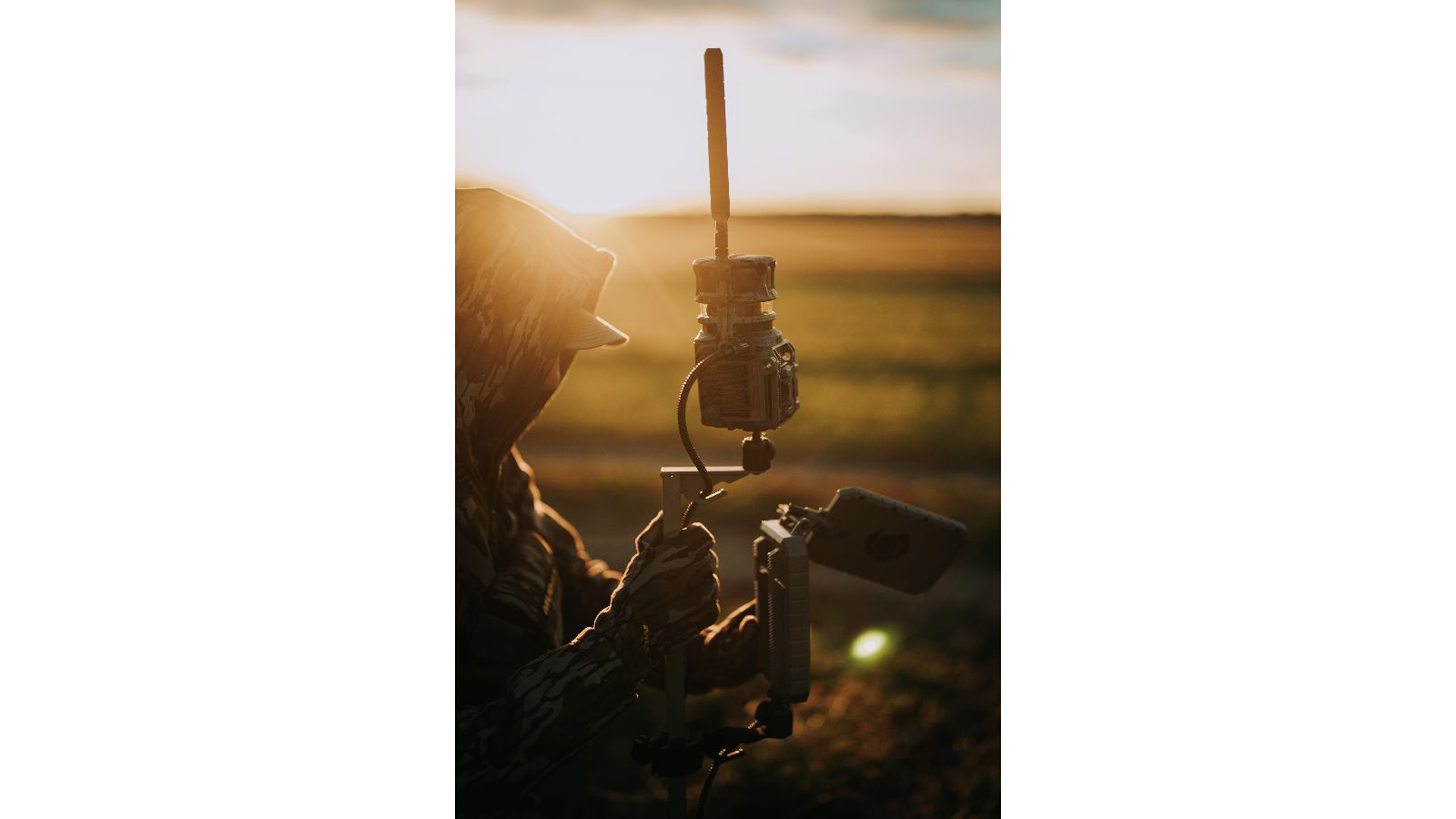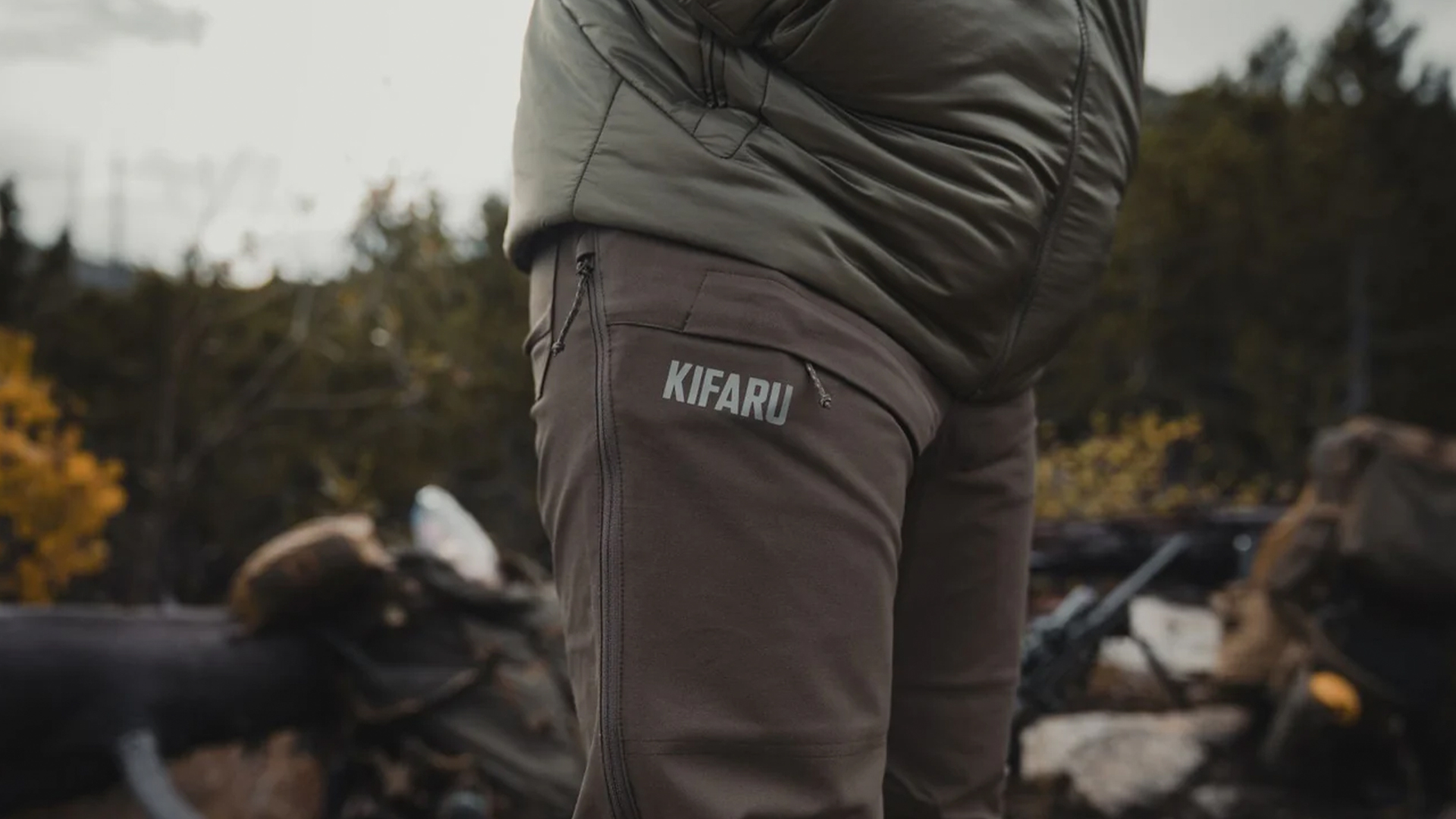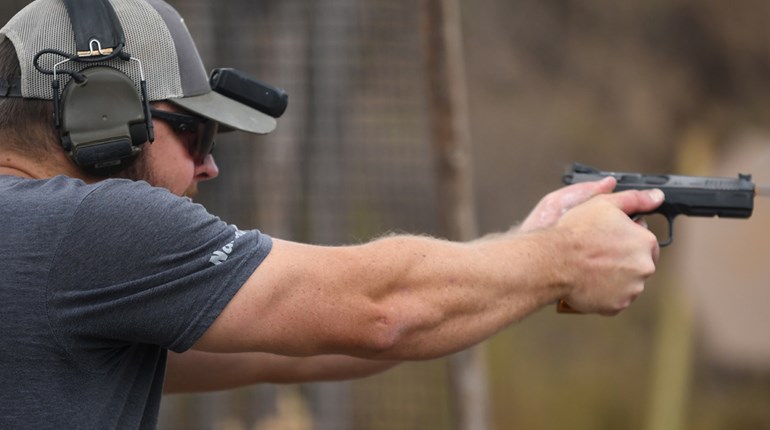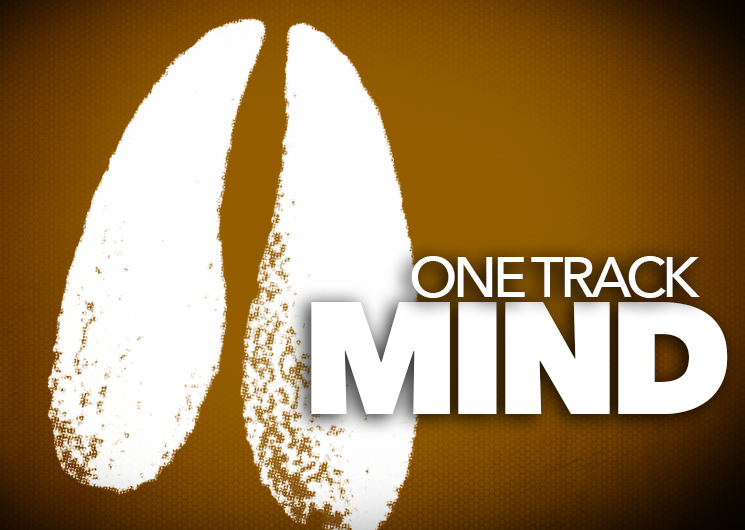
 Hunting is, by and large, an individual endeavor governed by rules (game laws) that the vast majority of sportsmen adhere to. But like all things in life, within the rules there exists a gray area where actions may be legal, but it is questionable whether or not they are ethical.
Hunting is, by and large, an individual endeavor governed by rules (game laws) that the vast majority of sportsmen adhere to. But like all things in life, within the rules there exists a gray area where actions may be legal, but it is questionable whether or not they are ethical.
The word ethics comes from the Greek word ethos, meaning character. Webster’s defines it as “a set of moral principles or values,” while ethical is defined as “conforming to accepted professional standards or conduct.” Therein lies the rub. Laws are by and large black and white and easy to interpret. Ethics, on the other hand, more often exist in a shadow world subject to individual interpretation.
Here are some examples I saw last season whereby the hunter’s actions were, by definition, legal, but not necessarily ethical.
The first involved a Midwestern bow hunt in an area known for monster bucks. The rut was on, and of course serious buck hunters did not want to miss a second on stand. One day, though, the wind was howling, blowing a sustained 30 mph with higher gusts. Making a clean shot from a tree stand swaying in these winds like the mast of a tall ship on a rough ocean was virtually impossible, and so most of us chose to stay out of the trees and instead cruise the roads glassing for deer and generally killing time until the storm blew through. Yet one hunter chose to go sit in his stand. Legally, he was good to go. But would it have been ethical to take a shot at a deer under these conditions?
Another time hunting public land during gun season, friends had spent weeks scouting out the area and had a pretty good idea of where they wanted to be opening morning. They pre-set stands and as dawn broke were already belted into their trees with great anticipation. About a half-hour after first light two other hunters appeared, obviously in the area without any pre-hunt scouting. When they saw my two buddies and how they had prepared their spots they knew they were probably onto something, and so they sat down at the base of trees within a hundred yards and prepared to hunt. Legally, they were well within their rights. Their ethics, however, were questionable.
Perhaps the worst transgression I have witnessed in recent seasons came about when a good friend honored another man by showing him a spot that had produced good bucks for him annually for several seasons. The “friend” had asked if he could help him out as his 12-year old son was coming hunting for the first time and he wanted to make sure they got into some deer. They did. However, the next season as my buddy headed out for opening day he found his friend’s truck parked in his spot. I guess he decided that this was now his spot. Legally, no problem. Ethically, huge problem. Needless to say, they are ex-friends now.
Several years ago I backpacked into a high timbered mountain area of western Canada one crisp October week hunting mule deer. The tag allowed us to take one buck of any species, and I was hoping to take one of the whoppers the outfitter said lived in the timber but daily traveled to the farm country in the valley below. To make a long story short, I killed a very nice buck with a huge body. When I asked how much of the meat load he wanted me to help him carry the five miles to the truck, he gave me a funny look and said, “Meat? We don’t need to take any.” He left it there after taking the cape and antlers. Later I found out that at the time he was not required to salvage meat. Legally, he was OK. Ethically, the thought still makes my stomach churn.
I am sure you all have stories of questionable ethics in the deer woods they have witnessed over the years. Shooting at running deer whizzing through the woods is certainly legal, but is it ethical? Not practicing with your gun or bow before season until you are proficient enough to make the shot in the field with little chance of crippling an animal is not against the law, but is it ethical? Following a skimpy blood trail for just a little ways, then giving up just because the trail is hard to follow isn’t against the law, but is it ethical?
I take the question of ethics a step further and apply the Golden Rule: Do unto others as you would have them do unto you. We owe it to both the magnificent game we hunt and to our fellow sportsmen to treat them with respect and, at all times, to act honorably in the field. Each time someone violates a game law or breaks a scared trust with their fellow sportsmen they cast a dark shadow not only upon themselves but also onto the rest of us. That’s one big reason many landowners have closed their property to the unattached hunter – they do not want to deal with the effects of slobs who tear up their land, leave gates open, indiscriminately saw down trees, threaten them with lawsuits to cover up their own ineptitude. It’s also ammunition for the anti-hunting crowd that salivates at every opportunity to turn our own actions against us.
While Webster may define ethics as described above, when it comes to hunting my buddies and I define it as “actions undertaken in the field when nobody is watching.” Nobody can force you to be an ethical hunter. Personally, I could not look myself in the mirror each morning unless I was.












